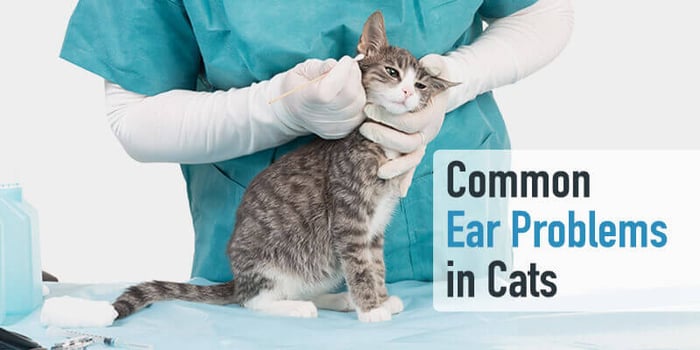Vaccinations protect animals from various illnesses, minimize the likelihood of infectious disease outbreaks, and help them live longer and healthier. Thus, veterinarians recommend pet vaccination to keep your dogs and cats safe.
Purpose and Importance of Pet Vaccination
Colostrum confers young pets with immunity during their initial days of birth. As they grow older, they need to be vaccinated to maintain optimum immunity.
Vaccinations help enhance their immunity by:
• Protecting from life-threatening diseases
• Forming antibodies and boosting immunity
• Protecting from diseases such as leptospirosis (that spread from animals to humans), and
• Avoiding expensive treatments.
Veterinarians opine that over years vaccinations have drastically reduced many fatal infections. However, administration of the right vaccine at the right time is very important. A veterinarian will help determine the best vaccination regimen for your pet.

Types of Pet Vaccines
All dogs and cats must receive the core vaccines, as they protect animals from severe and life-threatening diseases.
Core vaccines for dogs:
- Canine distemper virus
- Canine adenovirus
- Canine parvovirus type 2
Core vaccines for cats:
- Feline parvovirus
- Feline calicivirus
- Feline herpesvirus 1
In India, the vaccination against the rabies virus is considered a core vaccine for both dogs and cats.
Noncore vaccines are required only when the local environment and lifestyle put the pet at risk of contracting specific infections.
Side Effects of Pet Vaccines
Vaccinations that protect from fatal illnesses may be accompanied by side effects. Soon after vaccination, the pet may experience fever, allergic reactions, sluggishness, diarrhea, vomiting, and loss of appetite.

However, the risks associated with vaccination are comparatively less than those associated with the diseases that can be encountered without vaccination. Also, many pets do not experience any side effects, and if some pets do, the reactions are minor and short-lived.
Frequency
The incidence of epidemic diseases over the years has reiterated the need for vaccinating pets.
Some vaccines can be given annually, as they provide immunity beyond 1 year, while some need to be given more frequently.
A veterinarian will study the specific needs of your pet and tailor the vaccination schedule accordingly.
Expected Outcome
There is a resurgence of many rare diseases that can be fatal to animals if they are not vaccinated. The bacteria and viruses present in the environment gain easy entry to the body if the vaccination rate drops.
Compromising on vaccinating your pet can not only pose a threat to your pet but also to other animals and humans. Thus, following a veterinarian-recommended pet vaccination schedule will help your dogs and cats live a healthy life.
Source: All About Pets. Vaccinations Help Keep Infections at Bay. 2021;1(2):15.
Check out the Pet Care section for more blog posts on pets' health, diet, and so on.
Explore the Himalaya Wellness blog for more useful articles.
 Himalaya Global Holdings Ltd. (Our Parent)
Himalaya Global Holdings Ltd. (Our Parent)





